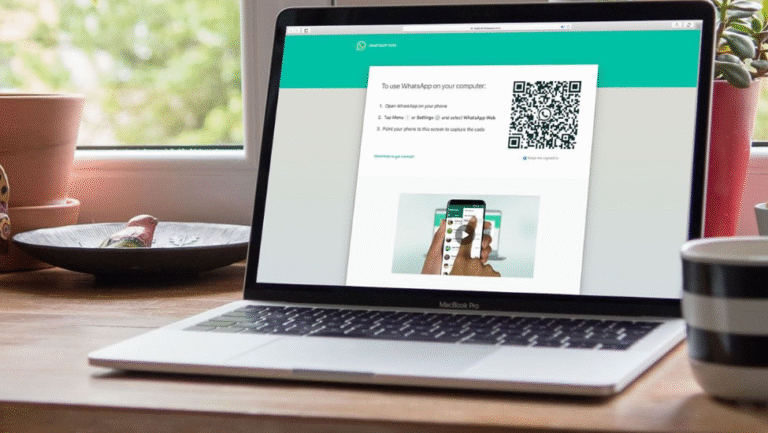Exploring the Role of Technology in Enhancing Mental Health Care
The integration of technology into mental health care marks a significant shift in how individuals access support. Teletherapy offers convenience and comfort, while mental health apps provide daily tools for emotional management. Additionally, advancements in AI and machine learning promise personalized assessments that cater to unique needs. However, as these innovations unfold, questions arise about their effectiveness and the implications for traditional therapeutic methods. What does this mean for the future of mental health care?
The Rise of Teletherapy and Virtual Support
As the world increasingly embraces digital communication, the rise of teletherapy and virtual support has transformed the landscape of mental health care.
Virtual counseling and remote therapy offer unprecedented access, empowering individuals to seek help from the comfort of their own homes.
This shift not only enhances convenience but also fosters a sense of autonomy, allowing clients to engage in healing on their own terms.
Mental Health Apps: Tools for Daily Well-Being
Mental health apps have emerged as essential tools for individuals seeking to enhance their daily well-being.
By offering mindfulness exercises and mood tracking features, these applications empower users to cultivate self-awareness and emotional resilience.
They provide a convenient platform for individuals to manage their mental health, facilitating personal growth and promoting a sense of freedom in navigating life’s challenges.
Read more: How Cloud Storage Is Changing the Way We Access Data
AI and Machine Learning in Mental Health Assessments
While traditional methods of mental health assessment have relied heavily on clinician observations and standardized questionnaires, the integration of AI and machine learning is revolutionizing this process.
These technologies utilize predictive analytics to identify patterns in patient data, enabling clinicians to develop personalized interventions. This approach not only enhances accuracy but also fosters a deeper understanding of individual needs, promoting greater freedom in mental health care.
Overcoming Barriers to Accessing Mental Health Care
Although barriers to accessing mental health care are multifaceted, they significantly hinder individuals from receiving the support they need.
To promote affordable therapy, initiatives must focus on stigma reduction and increasing accessibility.
Technology can bridge gaps by offering virtual therapy options and resources, empowering individuals to seek help without fear.
Conclusion
In the evolving landscape of mental health care, technology serves as a lighthouse, guiding individuals through the fog of stigma and isolation. Teletherapy, apps, and AI are not just tools; they are bridges connecting minds to support and healing. As these digital innovations illuminate paths previously shrouded in darkness, they empower individuals to reclaim their narratives, fostering a collective journey towards mental wellness. The synergy of these advancements heralds a new era of accessible and compassionate care for all.






